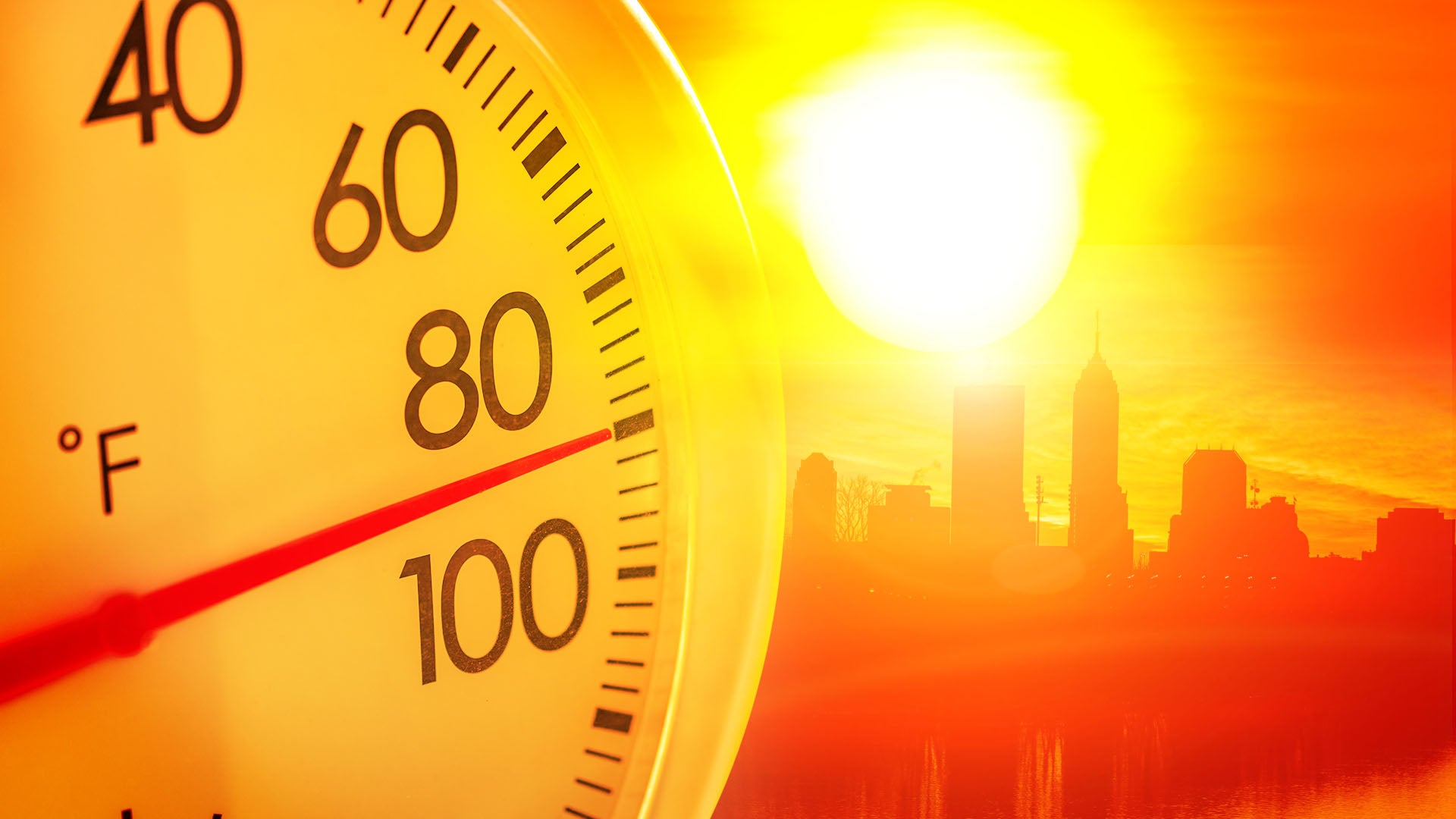What to do if someone has heat symptoms
INDIANAPOLIS (WISH) — There’s only one word that describes this week — Hot!
As extreme heat intensifies in the Hoosier state, the American Red Cross Indiana Region has provided three steps and tips to stay safe as temperatures soar.
Slow Down
By postponing or limiting outdoor activities, including strenuous exercise. If you must work outdoors, take frequent breaks and avoid the hottest part of the day by scheduling tasks earlier or later.
Stay hydrated
By drinking plenty of water and avoiding sugary, caffeinated, and alcoholic drinks.
Spend time indoors
In an air-conditioned place. If you don’t have air conditioning, go to a public library, shopping mall, or a public cooling center.
An excessive heat watch is in place Monday through Friday in eastern Indiana. According to the American Red Cross, heat waves have become more frequent and intense and are lasting longer in the U.S.
2023 was the hottest year on record and scientists warn that 2024 could break records for a second year in a row.
The Red Cross recommends learning warning signs and how to help so you can act fast.
Heat Cramps
An early sign of trouble that includes heavy sweating with muscle pains and spasms.
To help, move the person to a cooler place and encourage them to drink water or a sports drink. Get medical help if symptoms last longer than an hour or if the person has heart problems.
Heat exhaustion
A more severe condition signaled by heavy sweating; cool, pale, and clammy skin; a fast or weak pulse; nausea or vomiting; muscle cramps; tiredness or weakness; or a headache, dizziness, or passing out.
To help, move the person to a cooler place, loosen tight clothing, and encourage them to sip water slowly. Use wet cloths and misting of fanning to help cool them off. Get medical help right away if symptoms get worse or last longer than an hour, or if they begin vomiting or acting confused.
Heat Stroke
A deadly condition that requires immediate medical help. Symptoms include a high body temperature; hot, red, dry, or damp skin; a fast or strong pulse; a headache or dizziness, or nausea, confusion, and passing out.
Call 911 immediately if you think someone is experiencing a heat stroke. After calling, move the person to a cool place, and use a wet cloth to cool them off. Do not give the person anything to drink.
